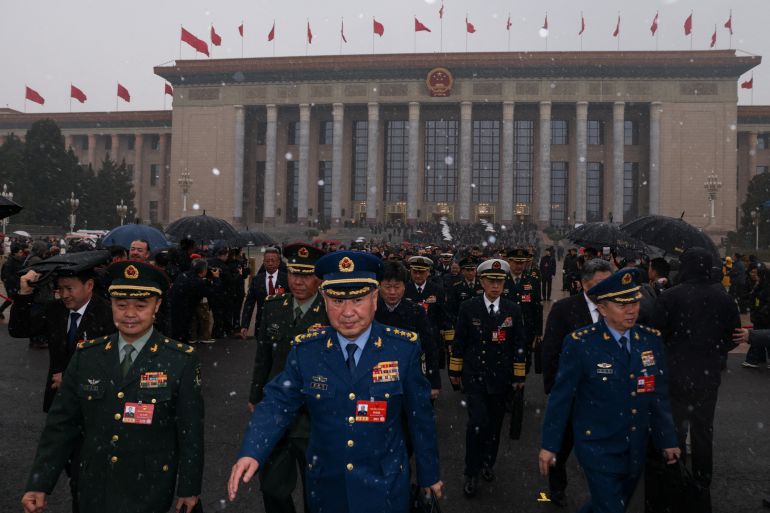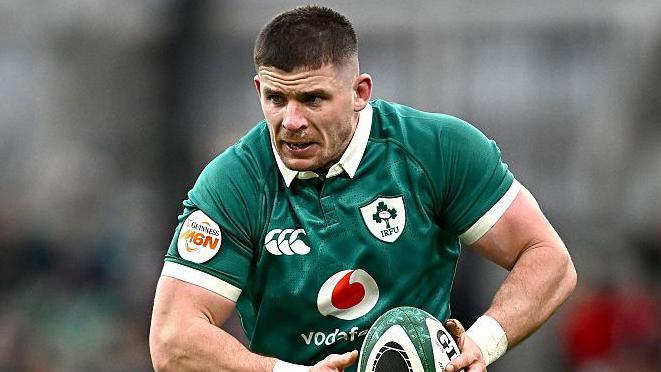- 131 Comments
Michael Carrick has said Manchester United could look to sign a left winger this summer – even though they spent the past three transfer windows under Ruben Amorim getting rid of wide players.
Historically, many successful United sides have been built around wingers.
George Best, Ryan Giggs, David Beckham and Cristiano Ronaldo are regarded among some of the club’s greatest players – while others such as Steve Coppell, Gordon Hill, Willie Morgan and Andrei Kanchelskis also made a significant impact.
Although not a winger in the orthodox sense, Busby Babe Eddie Colman was nicknamed ‘snake hips’ for his ability to change direction at top speed.
United began last season with five experienced wide players.
Between them, Jadon Sancho, Antony and Amad Diallo cost the club £173m.
Marcus Rashford and Alejandro Garnacho both came through the United’s youth ranks, although the latter was at Atletico Madrid before moving to Manchester as a 16-year-old in 2020.
Sancho is currently on loan at Aston Villa, having spent last season at Chelsea, who paid a £5m clause to send the 25-year-old back to United last summer rather than sign him permanently.
His contract is set to expire in the summer, and it seems unlikely United will keep the England international, signed by Ole Gunnar Solskjaer in 2021. Solskjaer intended to play him on the right but the player said his preference was to play on the left.
Antony left for Real Betis in a £21.65m deal last September, a couple of days after Garnacho joined Chelsea for £40m.
Rashford, who also prefers to play on the left, spent the second half of last season at Villa following a fall-out with Amorim, and then joined Barcelona on loan last summer.
Barca have a £26m option to buy Rashford, and talks have started over the possibility of triggering it.
However, sources close to the player have indicated no agreement is in place – and given Rashford has two years left on his £325,000-a-week United contract, further negotiation is going to be required.
It leaves Amad as the only orthodox wide player available to Carrick, although he has also used Patrick Dorgu, who joined from Lecce as a wing-back under Amorim, in a more offensive role.
Although it is not clear yet who will be in charge once the season has reached its conclusion, Carrick has repeatedly said the decisions he is making are for the club’s long-term interests.
Asked if left-wing specifically was an area that might need addressing, Carrick replied: “I think you’re always looking at the balance of the team and the squad to give you the utmost flexibility, so it’s definitely something to look at, for sure.”
Diomande and Gordon linked
Carrick did state the situation “was not a huge concern at the moment” and that he felt there were options available to him that allowed him variety in attack.
“We can still be dangerous,” said the 44-year-old.
“Matheus [Cunha] has played that role and caused big problems and had big moments. When he plays wide, he is tough to stop one-on-one.”
But Cunha is happiest drifting away from the touchline and likes to get on the ball in deeper or more central positions.
In the junior ranks, Gibraltar international James Scanlon was virtually an ever-present in the Premier League 2 side for the first half of the season and is capable of playing in an attacking role on both sides of the pitch, but he has now joined League Two promotion chasers Swindon on loan.
England Under-20 international Shea Lacey made a huge impact in three substitute appearances for the senior team but he prefers to play on the right. In any event, he has only been involved once since getting sent off in the FA Cup third-round defeat by Brighton on 11 January, when he was an unused substitute against Fulham last month.
Few supporters would claim United were wrong to get rid of Sancho or Antony.
Some believe Amorim could have handled the Garnacho situation better, although the Argentina international is yet to impress on a consistent basis at Chelsea, while Rashford’s time at his boyhood club seemed to have run its course.
Nevertheless, at a time when United are trying to control their budget and costs across the club are being cut, the wide-left situation highlights an historical weakness in their recruitment strategy.
It also raises questions about the wisdom of hiring a coach like Amorim, whose tactics differed so significantly from what fans had been used to.
United were prepared to sanction the £65m signing of Antoine Semenyo in January, but the former Bournemouth man opted to join Manchester City.
Amorim wanted to use the money elsewhere in his squad. United’s refusal suggests they are targeting specific areas, and the left side of their attack is one of them.
They are among several high-profile Premier League clubs to be linked with RB Leipzig’s 19-year-old Ivory Coast international Yan Diomande, who is likely to cost around £70m if he opts to move in the summer.
Newcastle’s Anthony Gordon has also been mentioned, although it is not clear whether United have an interest in the England international.
United’s situation is complicated by the fact they are prioritising bringing in at least one, and possibly two central midfield players.
Experienced Brazil captain Casemiro is leaving at the end of the season and £50m Uruguay international Manuel Ugarte has only made three substitute appearances – totalling 27 minutes – under Carrick.
No changes can be made until the transfer window opens anyway, so, for now, Carrick must make the best of his present options.
“We’re always thinking of that perfect scenario of mixing players together and connections and seeing how it suits on the pitch,” he said.
Related topics
- Manchester United
- Premier League
- Football













